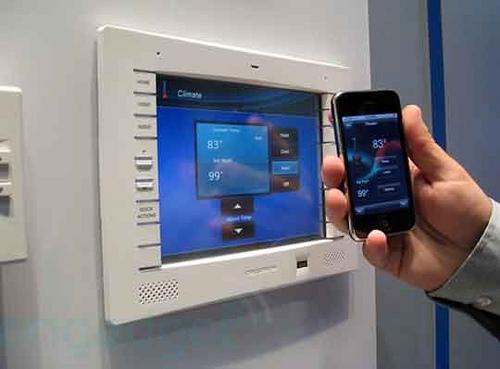
Deeper integration of building automation systems is driving adoption in commercial buildings. Today, the opportunities presented by analyzing the vast amounts of data that building automation systems (BAS) can collect are accelerating their adoption across the commercial building sector, states Navigant Research. In particular, the integration of smartphones into many interactions between humans and the world around them is shifting the expectations of building occupants for their experiences in the built environment. According to a report from the research firm, cumulative worldwide revenue for commercial BAS is expected to exceed $713 billion from 2015-2023.
“The adoption of BAS is being driven by several goals: to provide comfort for building occupants, optimize energy use, and comply with building energy codes,” said Benjamin Freas, research analyst with Navigant Research. “Prevalent for some years in the largest and most modern buildings, BAS are now expanding into smaller buildings, as well.”
Advances in the deeper integration of BAS (for HVAC, lighting, security, safety, and more) are helping drive their adoption in commercial buildings, according to the report. However, these systems have yet to reach their full market potential. Growth in the BAS market remains dependent on rates of new construction and building retrofits, which, in turn, are driven by overall economic conditions in each world region.

